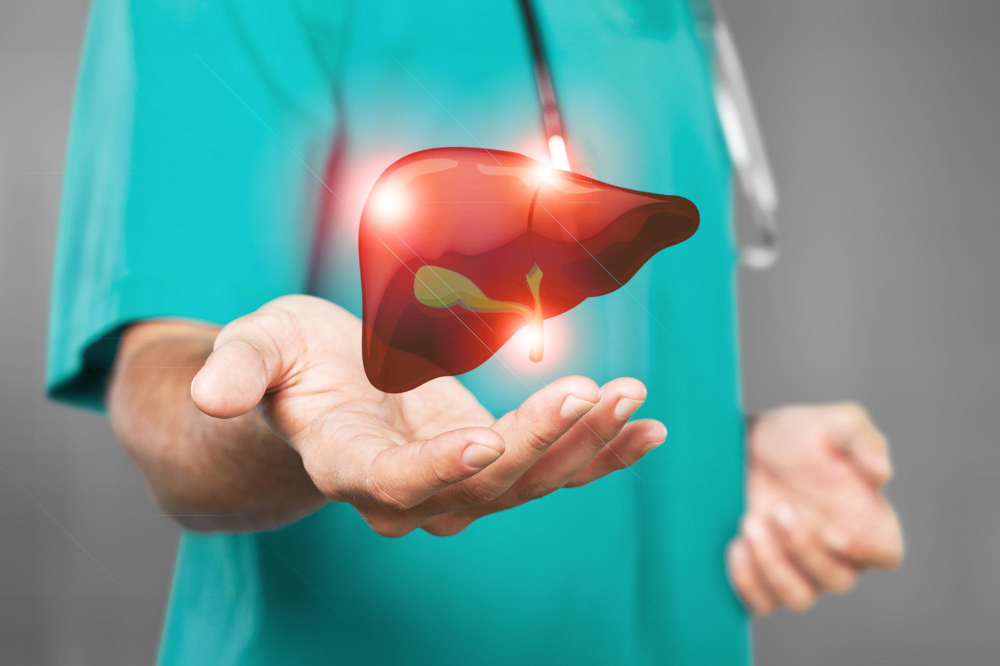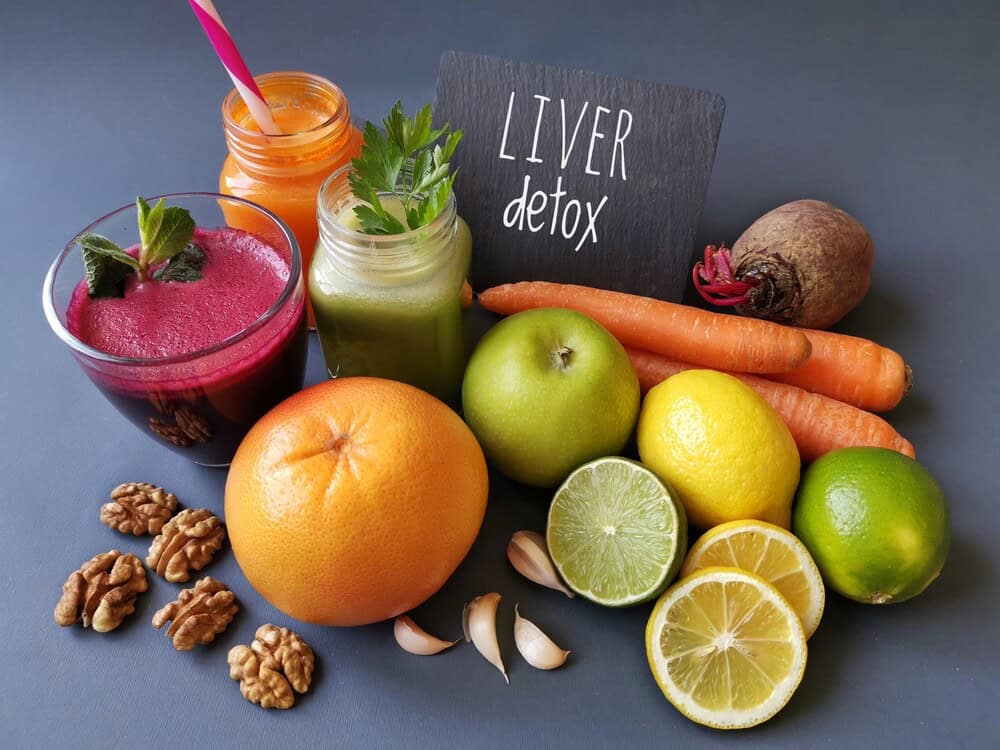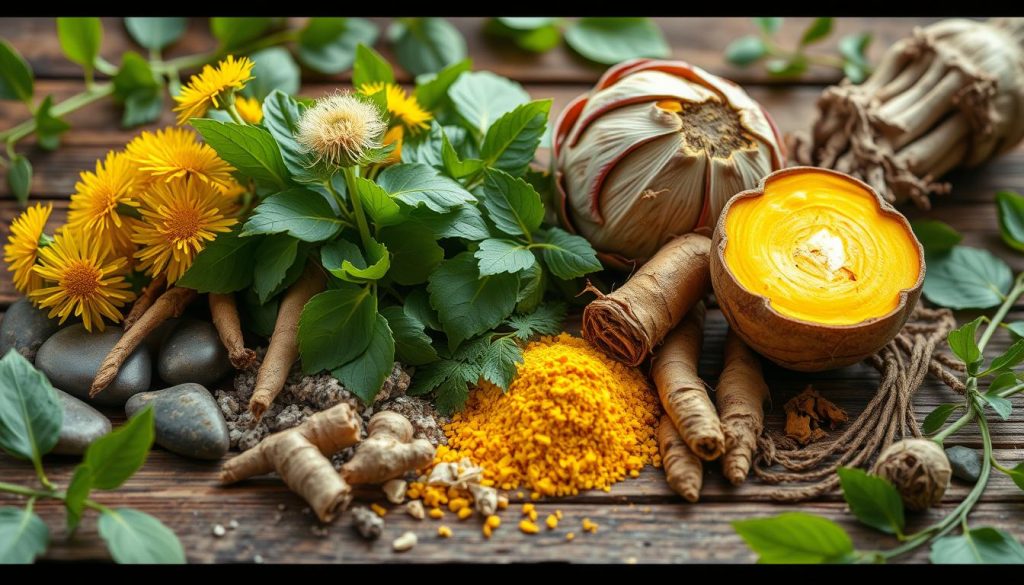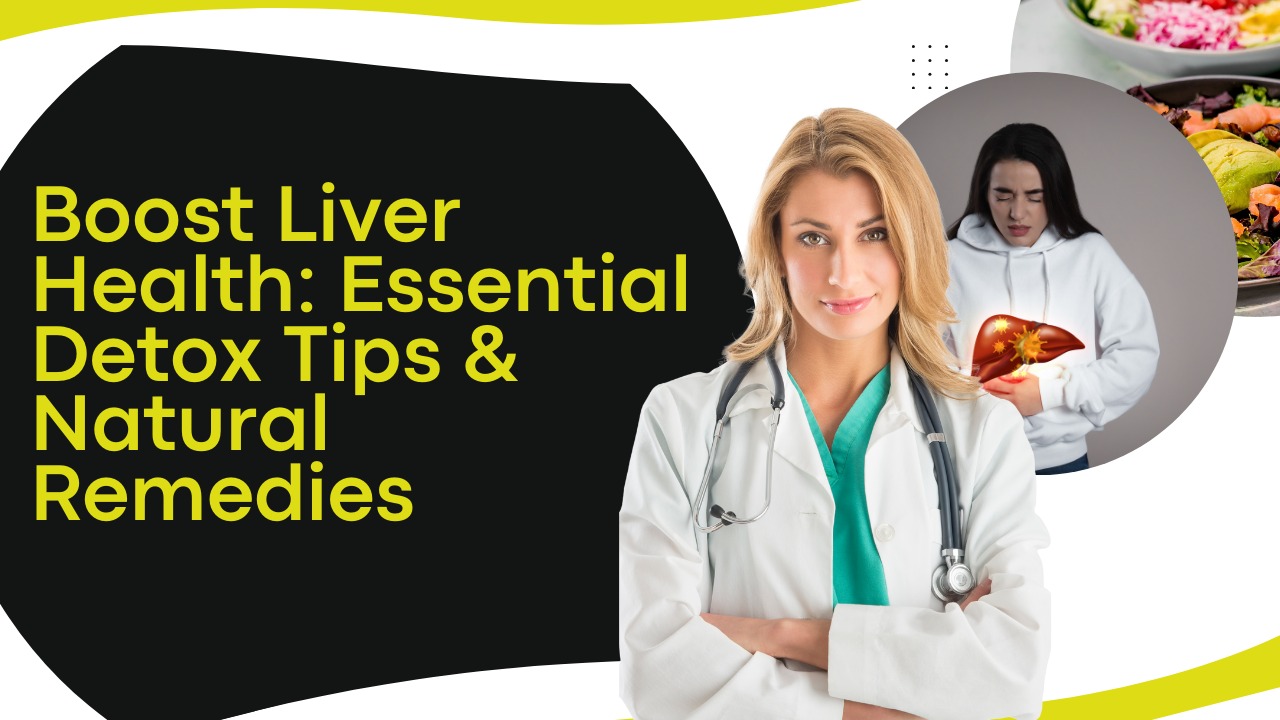The liver is one of the body’s most important organs, performing over 500 critical functions. It’s responsible for filtering toxins from the blood, metabolizing nutrients, and producing vital proteins that support overall health. Without a properly functioning liver, the body’s ability to process and eliminate waste is severely compromised, which can lead to a range of health issues.
In today’s world, however, the liver often faces increased stress due to factors such as poor diet, environmental pollutants, and high-stress lifestyles. These pressures can overwhelm the liver’s ability to detoxify and perform its essential functions, making it less efficient over time. This has led to a surge in interest around detoxification as a way to support liver health.
Detox strategies aim to reduce the strain on the liver, enhance its natural cleansing process, and promote overall wellness. In this article, we’ll explore effective detox methods, liver-boosting foods, and lifestyle changes that can help optimize liver function and improve your health for the long term.
The Importance of Liver Health

The liver is one of the most essential organs in the body, responsible for a wide range of vital functions. It plays a crucial role in filtering toxins, producing bile for digestion, and storing essential nutrients like vitamins and minerals. Without a properly functioning liver, the body would struggle to detoxify, absorb nutrients, and regulate various biochemical processes.
In addition to detoxification, the liver is involved in metabolizing fats, carbohydrates, and proteins, converting them into energy or storing them for later use. It also synthesizes important proteins such as albumin and clotting factors, which are necessary for fluid balance and blood clotting. The liver’s ability to regenerate makes it uniquely resilient, but when faced with prolonged stress, it can become damaged and less efficient.
Lifestyle factors such as poor diet, excessive alcohol consumption, exposure to environmental toxins, and high-stress levels can overload the liver and impair its function. This can lead to conditions like fatty liver disease, liver inflammation, or even cirrhosis over time.
Maintaining liver health through proper nutrition, hydration, and avoiding harmful substances is essential for overall wellness. A well-functioning liver supports not only detoxification but also optimal metabolism, energy levels, and immune system function.
What is Detoxification ?
Detoxification is the natural process by which the body eliminates harmful substances or toxins. The liver, kidneys, digestive system, and skin all play significant roles in this ongoing process. The liver, in particular, is the body’s primary detox organ, filtering toxins from the bloodstream and breaking them down into less harmful substances. These toxins can come from a variety of sources, including the food we eat, environmental pollutants, alcohol, medications, and waste products from normal metabolic processes.
The detoxification process occurs in two main phases. In Phase 1, the liver uses enzymes to convert fat-soluble toxins into more water-soluble compounds, making them easier to eliminate. In Phase 2, these compounds are further processed by attaching molecules like sulfur or glutathione, ensuring that they are safely excreted from the body through urine, bile, or sweat.
While detoxification is a natural function, modern lifestyles, including poor diet, stress, and environmental exposure, can overwhelm the body’s detox pathways. This can lead to a build-up of toxins in the system, contributing to various health issues such as fatigue, digestive problems, or skin conditions.
To support detoxification, it’s important to eat a nutrient-rich diet, stay hydrated, reduce toxin exposure, and engage in regular physical activity. This allows the body to naturally cleanse itself and maintain optimal health.
How the Liver Functions in Detoxification
The liver performs several critical functions that support detoxification:
- Filtration: Blood from the digestive organs flows directly into the liver via the portal vein, where it is filtered to remove toxins, harmful bacteria, and waste products. The liver acts as a natural filtration system, catching potentially harmful substances before they can circulate throughout the body. This includes filtering out metabolic waste from cellular processes and toxins ingested through food, water, or the air we breathe.
- Metabolism: The liver plays a central role in the metabolism of food and nutrients. Once food is digested, the liver processes carbohydrates, proteins, and fats, converting them into forms the body can use for energy. It helps transform glucose into glycogen for storage and later release as needed, and it also synthesizes important proteins like albumin and clotting factors. This metabolic process ensures the body receives the energy it needs and maintains proper nutrient balance.
- Storage: The liver serves as a storage warehouse for vital nutrients. It stores glycogen, which is a quick source of energy that the body can access when needed. The liver also stores fat-soluble vitamins (A, D, E, and K), minerals like iron and copper, and other essential substances. When the body requires these nutrients, the liver releases them into the bloodstream to maintain balance and support bodily functions.
- Bile Production: The liver produces bile, a digestive fluid that is essential for the breakdown and absorption of fats in the small intestine. Bile also aids in the elimination of certain waste products, including bilirubin, a byproduct of red blood cell breakdown. Without bile, the body would struggle to digest fats properly, leading to nutrient deficiencies and digestive issues.
- Detoxification of Chemicals: One of the liver’s most important functions is detoxification. It breaks down and neutralizes harmful substances like alcohol, medications, and environmental toxins. The liver transforms these fat-soluble toxins into water-soluble compounds through a series of biochemical reactions. These transformed compounds are then excreted from the body through urine or bile, preventing them from accumulating in tissues and causing damage.
When the liver is functioning optimally, it can efficiently process and remove toxins from the body. However, with age, poor diet, or environmental exposure, this natural detoxification process can become sluggish.
Signs Your Liver Needs Detoxing

Your liver may need detoxing if you experience symptoms like persistent fatigue, digestive issues (bloating, constipation, or indigestion), or unexplained skin problems such as acne or rashes. Yellowing of the skin or eyes (jaundice), a sign of bilirubin buildup, could also indicate liver stress. Other signs include frequent headaches, mood swings, and irritability, as well as a weakened immune system. These symptoms may signal that your liver is overwhelmed and struggling to detoxify effectively.
- Fatigue and Low Energy: The liver plays a crucial role in converting nutrients into usable energy. When the liver is sluggish or overwhelmed, it can hinder this process, leading to persistent tiredness, low energy, and a general feeling of fatigue.
- Jaundice (Yellow Skin or Eyes): One of the liver’s key functions is to filter out bilirubin, a waste product produced during the breakdown of red blood cells. If the liver becomes inefficient at processing this compound, it can accumulate in the body, causing the skin and eyes to take on a yellowish tint, a condition known as jaundice.
- Digestive Issues: A compromised liver can interfere with the digestive process, leading to symptoms such as bloating, constipation, or frequent indigestion. The liver’s role in bile production is essential for fat digestion, and when this process is disrupted, it can result in digestive discomfort.
- Acne or Skin Issues: The liver is responsible for eliminating waste and toxins from the body. When it’s overloaded or underperforming, these toxins can accumulate, often showing up as skin issues like acne, rashes, or other dermatological problems.
- Mood Swings or Irritability: The liver helps regulate hormone balance, and when its function is compromised, it can contribute to hormonal imbalances that lead to mood swings, irritability, and emotional instability, including feelings of anxiety or depression.
The Science Behind Liver Detox
Detoxification is commonly seen as a quick solution for cleansing the body, but this is a misconception. The liver is naturally equipped to detoxify the body on its own, without the need for extreme measures. It continuously processes toxins through its regular functions, such as filtering the blood, metabolizing substances, and producing bile. While supporting liver health with a balanced diet and healthy lifestyle can enhance this process, the body’s detoxification system works efficiently over time without drastic interventions. The liver’s detoxification process occurs in two phases:
- Phase 1: During Phase 1 of detoxification, the liver utilizes specific enzymes, primarily from the cytochrome P450 family, to convert fat-soluble toxins into intermediate compounds. These enzymes break down harmful substances into less toxic forms, making them more suitable for elimination. However, the process can sometimes create reactive intermediates that could potentially be harmful if not properly processed in the next phase.
- Phase 2: In Phase 2, the liver further processes these intermediate toxins by attaching molecules such as glutathione, sulphate, or amino acids to them. This process, known as conjugation, transforms the toxins into even more water-soluble compounds. The addition of these molecules helps the body more easily eliminate the toxins, which are then excreted through urine or bile. This phase ensures that the toxins are rendered harmless and can be safely removed from the body.
Supporting the liver through detoxification involves ensuring it has the nutrients and antioxidants it needs to perform these functions. In particular, liver detox is optimized when Phase 1 and Phase 2 are balanced and functioning efficiently.
Effective Ways to Support Liver Health
Supporting your liver involves making lifestyle choices that reduce the burden on the liver and help it work more effectively. Here are some key strategies for promoting liver health:
Nutrients That Boost Liver Function
The liver needs certain nutrients to support its detoxification process. These include:
- Vitamin C and E: Both Vitamin C and E are powerful antioxidants that help neutralize free radicals, reducing oxidative stress and protecting liver cells from damage.
- B Vitamins: B vitamins, especially B6 and B12, are essential for metabolic processes and support proper liver function by assisting in nutrient processing and energy production.
- Selenium: Selenium is a trace mineral that plays a vital role in reducing oxidative stress, helping to protect the liver from damage and supporting its detoxification processes.
- Choline: Choline is crucial for the liver’s ability to process and remove fats, promoting a healthy liver structure and ensuring effective fat metabolism to prevent fatty liver buildup.
Foods That Aid in Liver Detox
Certain foods contain compounds that help boost liver health, including:
- Cruciferous Vegetables: Vegetables like broccoli, cauliflower, and Brussels sprouts are packed with compounds that support liver detoxification, helping the liver break down and eliminate toxins more efficiently.
- Garlic: Garlic contains sulfur-rich compounds that aid in liver detoxification by activating enzymes involved in Phase 2 detoxification, helping to neutralize and eliminate toxins.
- Beets: Beets are rich in antioxidants and betaine, which enhance the liver’s ability to process fats and support its detoxification functions, promoting overall liver health.
- Leafy Greens: Leafy greens such as spinach, kale, and dandelion greens are high in chlorophyll, which helps cleanse the liver, promote bile production, and enhance the body’s natural detox process.
- Lemon and Lime: These citrus fruits are loaded with Vitamin C and antioxidants, which stimulate liver detoxification by aiding the body in flushing out toxins and supporting overall liver function.
Hydration and Its Role in Liver Health
Proper hydration is critical for liver health. Drinking sufficient water helps flush toxins from the body through urine. It also ensures that the liver can adequately process and remove waste products. Herbal teas like milk thistle, dandelion root, and ginger tea can further enhance the liver’s detoxification process.
Liver Detox Programs: Benefits and Risks
Liver detox programs often include short-term fasting, juicing, or the use of specialized detox supplements, claiming to cleanse the liver and enhance overall health. While these programs may offer temporary relief for mild liver congestion, they should be approached with caution. It’s important to remember that the liver is naturally designed to detoxify on its own, and extreme detox methods may not be necessary for long-term liver health.
- Benefits: Liver detox programs may provide increased energy, better digestion, and a general sense of lightness, helping individuals feel more refreshed and revitalized.
- Risks: However, extreme detox methods or prolonged fasting can result in nutrient deficiencies, electrolyte imbalances, and additional stress on the liver. It’s important to approach these programs cautiously to avoid potential harm to your health.
Always consult a healthcare provider before starting any detox program, especially if you have pre-existing liver conditions.
Supplements and Herbal Remedies for Liver Detox

Several natural supplements and herbs are believed to support liver health and detoxification:
- Milk Thistle: Milk thistle contains silymarin, a powerful antioxidant with anti-inflammatory properties that help protect liver cells from damage. It also supports liver detoxification, promoting overall liver health and function.
- Turmeric: The active compound in turmeric, curcumin, is well-known for its potent anti-inflammatory effects. It helps reduce inflammation in the liver and supports its ability to function efficiently, aiding in detoxification processes.
- Dandelion Root: Dandelion root is recognized for its ability to stimulate bile production, which aids in digestion and detoxification. It helps cleanse the liver by promoting the elimination of toxins and supporting overall liver health.
- Artichoke Extract: Artichoke extract contains compounds that stimulate bile production, which is essential for the digestion of fats and the removal of waste products. It may also offer protective effects for the liver, reducing the risk of liver damage and supporting detoxification.
Herbal supplements can be effective when used as part of a balanced diet but should be taken under the guidance of a healthcare professional.
Lifestyle Changes to Promote Liver Health
Incorporating healthy lifestyle habits into your daily routine can go a long way in supporting liver health:
- Limit Alcohol Consumption: Drinking alcohol in excess can harm liver cells and contribute to liver diseases such as fatty liver and cirrhosis. It’s important to consume alcohol in moderation to prevent long-term damage and support liver health.
- Exercise Regularly: Regular physical activity is essential for maintaining a healthy weight and reducing the risk of developing fatty liver disease. Exercise helps improve metabolism, promotes fat burning, and supports overall liver function.
- Manage Stress: Chronic stress can negatively impact liver health by elevating cortisol and other stress-related hormones. Incorporating relaxation techniques such as meditation, yoga, and mindfulness practices can help manage stress and protect liver function.
- Avoid Toxins: Reducing exposure to environmental toxins is crucial for liver health. Opt for natural cleaning products, avoid smoking, and limit contact with harmful chemicals and pollutants. This can help reduce the burden on your liver and support its detoxification process.
When to Consult a Healthcare Professional
If you notice any signs of liver distress, such as chronic fatigue, yellowing of the skin or eyes (a condition known as jaundice), or digestive problems like bloating, constipation, or indigestion, it’s essential to seek medical advice. These symptoms may indicate that your liver is not functioning optimally. A healthcare provider can assess your liver’s health through various diagnostic tests, such as blood tests that measure liver enzyme levels or imaging techniques like ultrasounds or CT scans. Based on these results, they can determine the extent of any liver damage or dysfunction and suggest an appropriate treatment plan. This plan may include lifestyle changes, dietary recommendations, or even medications to support liver function and promote healing. Early intervention is key to preventing more serious liver conditions, so it’s crucial to consult with a healthcare professional as soon as possible if you suspect any liver-related issues.
Conclusion
The liver plays a crucial role in detoxifying the body, filtering out toxins and waste products to keep the body functioning optimally. Maintaining liver health is essential for overall well-being, as a well-functioning liver supports digestion, metabolism, and nutrient processing. By adopting a healthy lifestyle, including consuming liver-friendly foods, staying hydrated, and engaging in regular exercise, you can help enhance the liver’s detoxification abilities. Natural remedies such as herbs and supplements can also support liver function when used wisely.
While detox diets and liver cleanses may offer short-term benefits, they should not be relied upon as a long-term solution. The key to sustaining liver health is developing habits that reduce the liver’s burden over time, such as moderating alcohol consumption, managing stress, and avoiding exposure to environmental toxins. Detoxification should always be approached in a balanced, informed manner to ensure effective liver health and long-term vitality. Sustainable habits are essential for maintaining a healthy liver for years to come.
FAQs
What is liver detoxification, and why is it important ?
Liver detoxification is the process by which the liver filters and neutralizes harmful substances, including toxins, waste products, and excess chemicals in the body. It is crucial because the liver plays a central role in maintaining overall health by purifying the blood, metabolizing nutrients, and supporting digestion. A well-functioning liver helps prevent the buildup of toxins that could lead to various health problems.
How can I naturally support my liver’s detoxification process ?
You can support your liver naturally by eating liver-friendly foods like cruciferous vegetables, garlic, leafy greens, and citrus fruits, as well as drinking plenty of water to stay hydrated. Regular exercise, limiting alcohol consumption, managing stress, and avoiding exposure to environmental toxins also help maintain optimal liver health.
Are detox programs necessary for liver health ?
While detox programs may provide short-term benefits, such as a sense of increased energy or improved digestion, the liver is naturally designed to detoxify on its own. It is generally more effective to support the liver with a healthy lifestyle, rather than relying on extreme detox diets or fasting programs. Always consult a healthcare provider before starting any detox program.
What are the signs that my liver may need detoxing ?
Signs that your liver may need support include persistent fatigue, yellowing of the skin or eyes (jaundice), digestive issues such as bloating or indigestion, skin problems like acne, and mood swings. If you experience any of these symptoms, it’s important to consult a healthcare provider to assess your liver health.
Can vitamins and supplements help with liver detoxification ?
Certain vitamins and minerals, such as Vitamin C, Vitamin E, B vitamins, selenium, and choline, can support the liver’s detoxification pathways by providing antioxidants and reducing oxidative stress. However, it’s important to get these nutrients from a balanced diet, and supplements should only be used under the guidance of a healthcare professional to avoid excessive intake.



